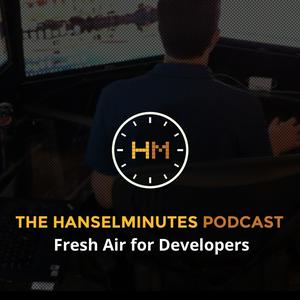There’s a new wave of AI tools that don’t just live in the cloud, don’t just autocomplete code, and don’t just sit in a browser tab. They reach into your local environment, understand your context, and act more like a thinking companion than a chatbot. In this episode, I talk with Peter Steinberger, founder of OpenClaw, about the rise of “The Claw” and what it means to build AI that feels fast, personal, and deeply integrated into your workflow.
We explore why OpenClaw is having a moment, how developer expectations are shifting from prompts to agents, and what it takes to design tools that balance power, safety, and usability. Peter shares the architectural choices behind OpenClaw, the tradeoffs between local and cloud inference, and his perspective on privacy, ownership, and latency in a world of ever-larger models.
This is a conversation about control. Who owns your context? Where does your data live? And what happens when AI stops being a destination and starts becoming an ambient layer across everything you do?


